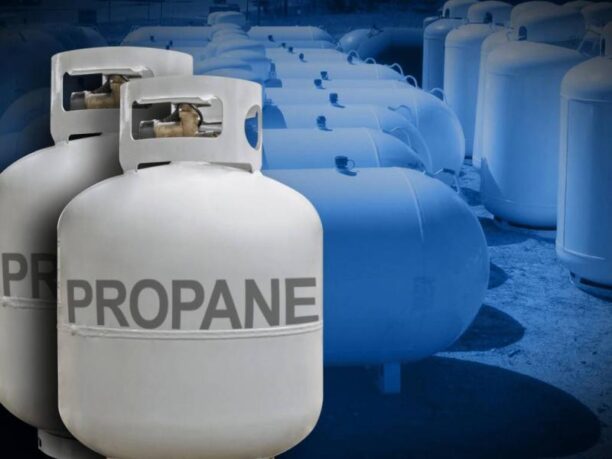Propane Growth: Franchise or Build from Within?

Expanding a propane business poses a significant strategic decision: should you franchise or pursue organic growth? This article explores the benefits and challenges of each approach to help business owners make informed decisions.
Understanding Franchising
Franchising Defined: In franchising, a business (the franchisor) grants another party (the franchisee) the right to use its trademark or trade name as well as certain business systems and processes to produce and market goods or services according to certain predetermined specifications.
Advantages of Franchising
Rapid Expansion: Franchising allows for faster expansion as franchisees use their own capital to open new locations.
Reduced Financial Risk: The financial burden of expansion falls on the franchisees, not the franchisor.
Revenue Streams: Franchisors gain capital through initial franchise fees, ongoing royalties, and, potentially, sales of supplies and services.
Challenges of Franchising
Control: Maintaining consistent service quality and operational standards can be challenging.
Dependency: The success of the franchisor is tied to the franchisees’ ability to manage their units successfully.
Exploring Organic Growth
Organic Growth Defined: This growth strategy involves expanding from within by opening new locations, increasing sales at existing locations, and/or developing new products and services.
Advantages of Organic Growth
Control: Retailer maintains complete control over operations, ensuring consistent quality and service.
Brand Consistency: This avenue makes it easier to maintain a consistent brand image and operational standards.
Long-term Profits: While slower, organic growth may yield higher long-term profits as there are no franchise fees or royalties to pay.
Challenges of Organic Growth
Cost: Significant upfront investment required for new locations and operations.
Time and Resources: Requires more time and resources to build market presence and operational capacity.
Making the Decision
Market Research: Understand the local demand for propane services. Franchising might work well in regions with high demand where quick market penetration is crucial.
Financial Resources: Evaluate your financial situation. If capital is limited, franchising can be a way to expand without the heavy financial burden.
Management Capacity: Consider whether or not your current management team can handle the complexities of a larger operation and if you can maintain quality across multiple franchised locations.
Growth Goals: Align the expansion strategy with your long-term business goals. If maintaining control and steady growth is a priority, organic growth might be suitable for your company.
Implementing Your Strategy
For Franchising:
• Develop a detailed franchisor business plan and draw up legal agreements.
• Implement training programs to ensure that franchisees meet your operational standards.
• Establish strong communication channels to maintain control and support your franchisees.
For Organic Growth:
• Plan for financial investment in new locations and staff.
• Develop marketing strategies to build your brand in new markets.
• Strengthen your operational processes to support additional business activities.
Choosing between franchising and organic growth depends on your business goals, financial situation, and capacity to manage extended operations. Both strategies offer paths to expansion, but they come with distinct sets of risks and rewards. Careful planning and consideration will help ensure that the chosen strategy aligns with your long-term objectives, setting your propane business on a solid path to successful expansion.













